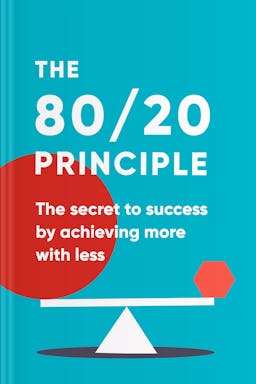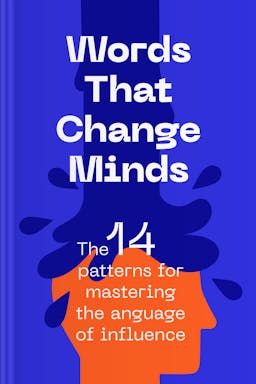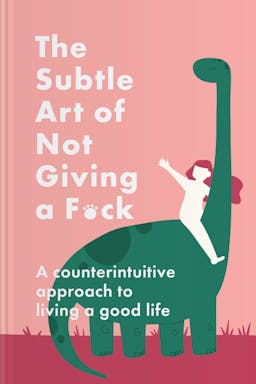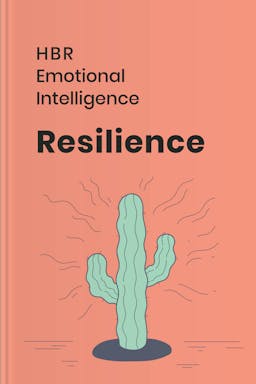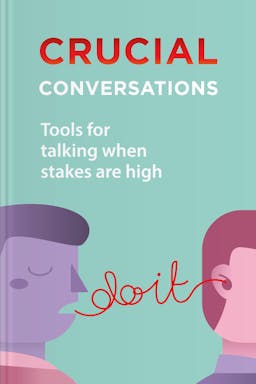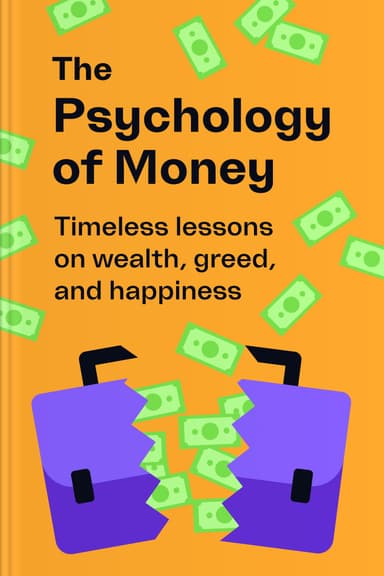
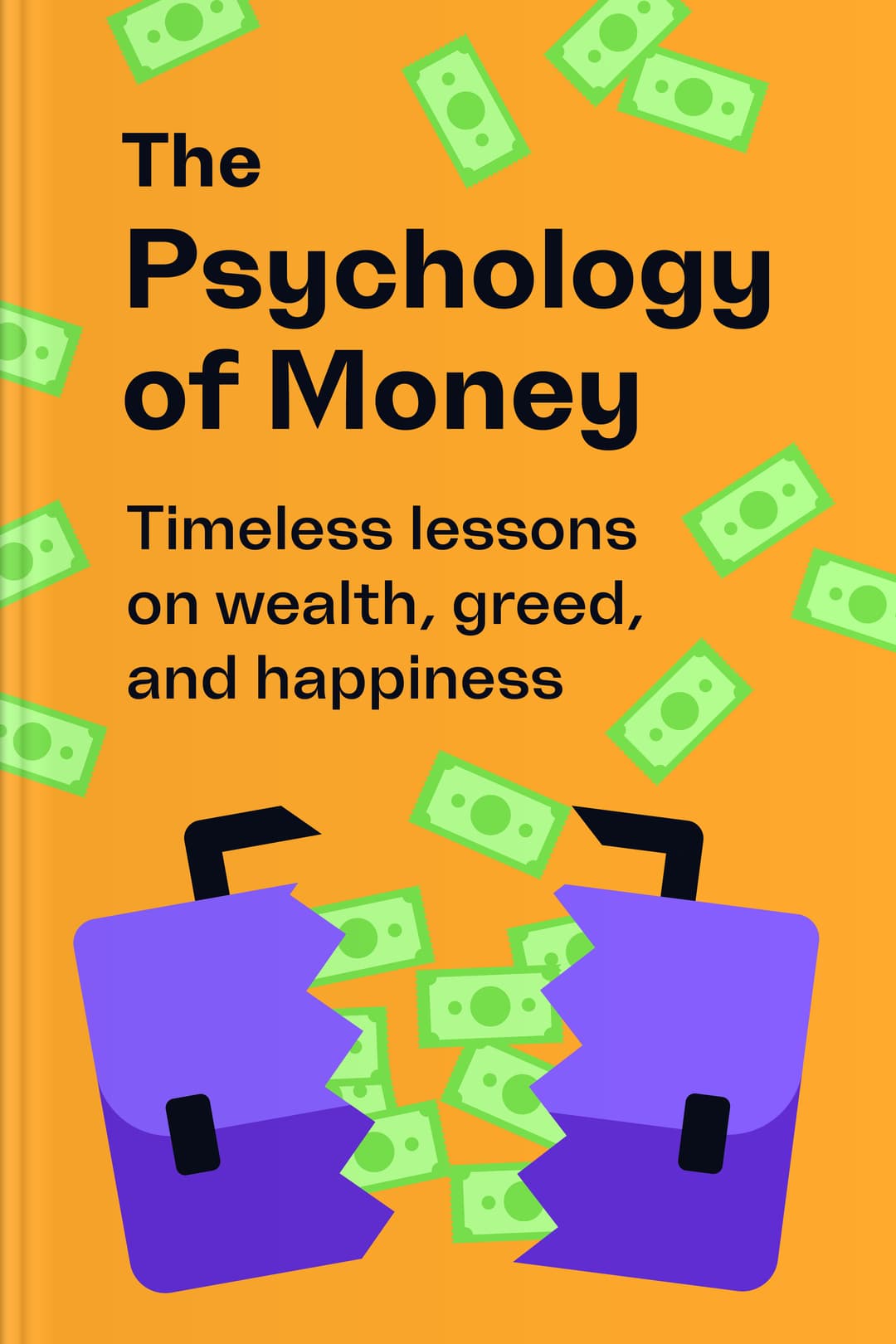
Summary of The Psychology of Money
Short summary
You’ll learn
- How luck influences financial success
- Why time matters more than money
- Strategies for long-term wealth building
- The real meaning of happiness in wealth
Table of content
- Summary of The Psychology of Money
- About the author
- What is The Psychology of Money about?
- Who should read The Psychology of Money
- Topics in The Psychology of Money
No one is crazy
Or, maybe you were told of a relative or neighbor who was once wealthy that lost almost all their wealth in a short time —and got angry at how they couldn't manage their money. Many of us have had such experiences one way or another.
When you see how people handle money, you will be tempted to think some of them are crazy. But no one is crazy. People make terrible money decisions all the time, but it's not because they don't think properly. It's just that when it comes to money, we are all different.
Housel estimates that your experience with money makes up 0.00000001% of what the rest of the world experiences. People born in different generations tend to have varying views of money and this affects everything, including how they invest. For example, if you were born when inflation was low, you're more likely to invest in bonds compared to someone born in the heights of economic inflation.
Luck plays a role. We can't tell how much luck goes into success, but we do know it's undeniable. Success is usually not untraceable to favorable events like meeting mentors or being in the right place at the right time — that's the uncontrollable factor, that's the luck.
We can do almost nothing about luck and risk and how they affect our finances. But there are other things in our control. And it's wisdom to focus on maximizing the things you can control...let's talk about those things.
Stop chasing money

Be keen about playing a long-term game
The happiness code
Don't aim to be rich, aim to be wealthy
Conclusion
What is The Psychology of Money about?
Who should read The Psychology of Money
Topics in The Psychology of Money


Enjoy summarized nonfiction bestsellers
Grasp the book’s key ideas in less than 15 minutes
Get startedGet new knowledge easily
Let’s check how many titles you can finish in a month with Headway! Tell us how much time you’d like to spend on reading:











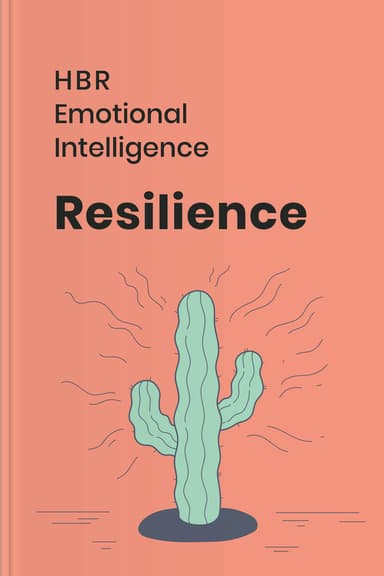


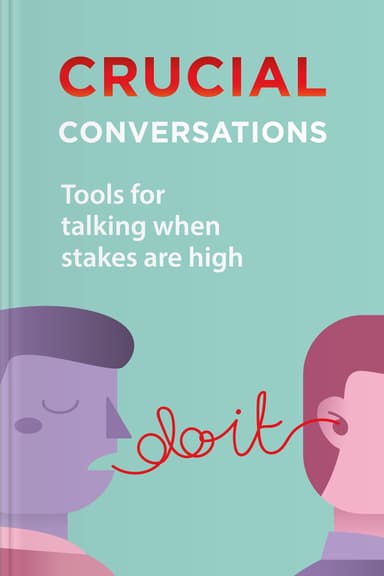


Join 30+ million learners around the world
Everything you need to be motivate, to learn & to self improves is all here. I actually do appreciate the reminders because otherwise this wouldn’t work for me. Thank you
Headway is the answer! No longer accumulating books I never read. With Headway, I initially chose the areas important to me such as productivity, time management, etc., and each day I'm provided several book summaries from which I devote 20 minutes or more each day reading. All of this on my phone! My life has improved with Headway. Truly my most useful app.
An excellent concept, executed well. Headway can help you retain what you've read while introducing you to the essential core of new information. It's an easier way to stay inspired, and to be reminded of the mental tools you've learned
In today’s world, we rarely have time. Between our jobs, our families are social obligations, when do we have time to grow and develop ourselves? Headway is an excellent app that gives you that time it gives you those little snippets of information that you need to direct your focus in on your life. Headway gives you a chance to find out the meat of a book that you might want to purchase and read or listen to in-depth without wasting a lot of time trying to figure out is this book for me? I highly recommend the app.
The selections are on point and the summaries are excellent! I listen while I walk my pup 🐶 and have in turn, ordered a few selections! REALLY loving the app, it’s layout, daily selections and features!
I've gotten multiple books out of the library with the intent to read them, but always have a hard time finding the time. This app has helped me finally be able to get to them. Summarized, yes, and thank goodness too! Just short enough I can finish one on my way picking kids up from school/practice, or while I'm cooking dinner. I can't wait to listen to them over the summer when we visit the beach!
It amazed me! There is the possibility to highlight the most important points of each book and instantly translate unfamiliar vocabulary. With the ability to review the searched words. It's a great way to learn more about English as well. The price is great.
I’m enjoying what I’m learning on headway.each summary comes with quotes at the end which you can save to help you remember key points. You can listen or read, I’ve found that reading puts me to sleep before I can finish but the listening feature keeps me engaged and I can finish in a brief amount of time if not one session.
The app it’s so easy to use. I use it while driving or cooking and is great. I love the fact that the chapters are short, so you can finish them quickly. Very knowledgeable.
The best app for self development.It helps to keep pace with your reading and also suggests the kind of reading material you might like.It is fun as you can switch from reading to listening and vice-versa as per your convenience .Just get started and partake of the treasure of knowledge at your fingertips .I feel lucky to have spotted the app.It has helped me become self-disciplined and much better informed.The audio track is excellent.
Exactly what I need! I always have booklist to read, but can't committed enough to finish/start bc of too much pages. Headway is really helpful and concise with their summary. What I love the most is that the essence of the book is well crafted, so I don't only read the key points, but also there's the story and how personality of the author still well shown through the summary. Well done!
This is outstanding best app ever and honestly whoever came up with is my app is an absolute genius kudos my gratitude definitely goes out and I’m only on my first week free trial and I’m certainly going to purchase this app annually. Now that I have it, I can’t even imagine living without it.












